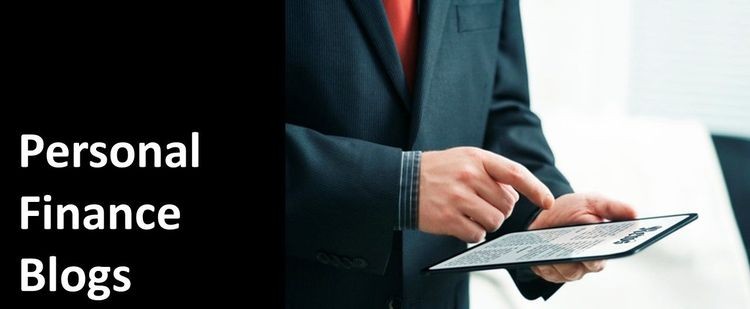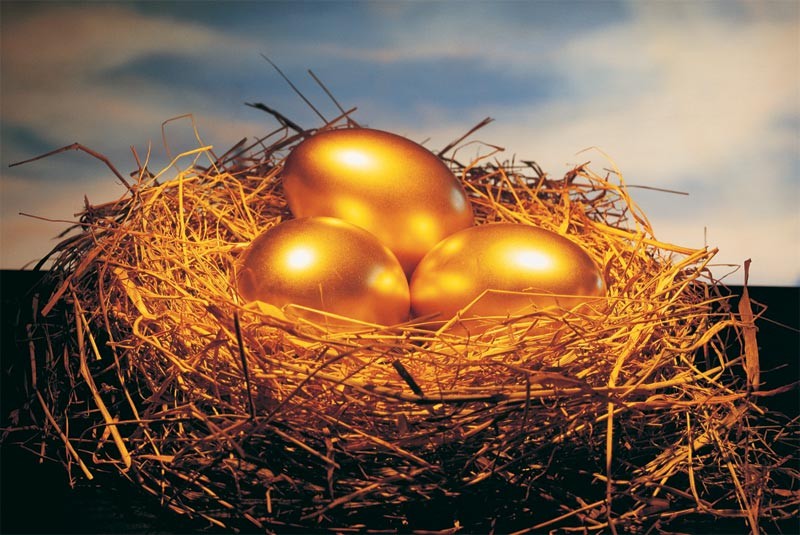Personal Finance 101 What Is a Dividend The Simple Dollar
Post on: 23 Август, 2015 No Comment

Understanding The Risks and Rewards of Dividends
A few days ago, I was working on an article where I referred to dividends. Since I didnt really provide any sort of explanation of what dividends were, I went looking for an article where I explained in detail what a dividend actually is and, to my amazement, I never found a good, thorough explanation of dividends! (I ended up sticking a brief explanation into the article.)
Since dividends are a pretty big part of personal finance planning (they affect retirement savings significantly and also play a role in many other investment choices), its incredibly useful to know what exactly a dividend is, how they work, and how they put money in your pocket.
As always with explanations like this, Im choosing to use simple language and simple examples. Business schools offer entire classes on these topics, so this is just a brief introduction.
Lets dig in.
Start with stocks
Before I explain what a dividend is, its important to know what stocks are. A share of stock means that you own a small fraction of a company. Obviously, then, a stock market is where people trade those shares of stock. The word stocks just means some number of shares of stock.
Companies usually start as partnerships between people. At some point, these people may want to make it clear how much of the business they each own, so the company issues shares of stock (usually just called stocks) to them. If Joe and Kevin started a business, they might decide that the business would issue them each 50 shares of stock. These shares would each state that the holder owns a share of the business.
Lets say that the business wanted to raise some money. The business might choose to make more stocks and sell them. If Joe and Kevin wanted to bring some money into their company, that company might create 25 more shares of stock and sell them to Kevins uncle Larry (and name the company the JKL Company). Then, Joe and Kevin would each own 50 shares and Larry would own 25 shares. (Often, companies do this and sell the shares to the public its called an initial public offering when they do it for the first time.)
In the old days, stocks were often represented by pieces of paper. Today, theyre usually stored electronically.
The role of dividends
What happens when The JKL Company makes a profit? The company might invest in itself to buy better equipment or to keep cash on hand. Of course, the reason people start businesses is to make money and thats where dividends come in.
The JKL Company might decide to issue a dividend to its shareholders. A dividend is a small payment that a company makes to each person that holds each share of stock in the company. Lets say that The JKL Company decides to issue a $1 dividend. Since Joe and Kevin each own 50 shares of stock, they would get $50 each. Larry would get $25 because he owns 25 shares. Thats a dividend!
Lets see what a real company does. Lets look at Verizon.
As you can see on this page. Verizon issues a dividend every three months to its shareholders. The next dividend payment theyre going to make is on May 1, and it consists of $0.53 to the owner of every share of stock out there.
If I own 1,000 shares of Verizon, Verizon will cut me a check for $530 on May 1.
The catch, of course, is that a single share of Verizon stock, right now, costs $46.91. So, to own 1,000 shares of Verizon, Id have to pay (roughly) $46,910 (plus some brokerage fees). As long as I sat on those shares, Verizon would issue me a check every time they issued a dividend.
Dividends in mutual funds and your retirement account
So, how does this impact most people? For most of us, dividends are most common in our retirement account. We might own a mutual fund within our retirement account and well see that the mutual fund issued a dividend. Since a mutual fund is made up of a bunch of different stocks that pay dividends, the fund will collect all of those dividends and then share that dividend profit with all of the people who hold shares in the mutual fund.
Lets say that in your retirement account, you own two shares of the ABC Mutual Fund, of which only 100 shares exist in the whole world. The ABC Mutual Fund consists of just 25 shares of The JKL Company and 25 shares of Verizon. In a particular quarter, The JKL Company issues a $1 dividend and Verizon issues a $0.50 dividend, like we talked about earlier. So, the ABC Mutual Fund is going to collect $25 from The JKL Company and $12.50 from Verizon, for a total of $37.50.
Since there are 100 shares of the ABC Mutual Fund, that $37.50 gets split up 100 ways, with $0.375 going to each shareholder of the ABC Mutual Fund. Since you own two shares in the ABC Mutual Fund, you get a total dividend payment of $0.75!
A mutual fund might own thousands of different stocks and have thousands of people that own shares in that mutual fund. This is one big reason why computers are really helpful in doing that math and handling that bookkeeping.

Many people who own mutual funds elect to have their dividends reinvested. In that case, that $0.75 would end up going toward buying another share of the ABC Mutual Fund probably not a whole share, but you can usually buy fractions of a mutual fund share. So, after that dividend, you might now own 2.1 shares in the ABC Mutual Fund. You would now be eligible to receive a little bit more the next time your mutual fund issues dividends!
The risk of dividends
When people first learn about dividends, its really obvious why people would want to buy stocks and sit on them. They just get checks in the mail. If someone owned 20,000 shares of Verizon, for example, they would get a check for $10,600 on May 1 and similar checks every three months. A person could live quite well on that!
There are a few catches. First, companies can change their dividend. Its considered very standard for companies to issue dividends every three months, but companies sometimes cut their dividends and sometimes eliminate them entirely. Its at the companys discretion to do that if they so choose (though the people who own the stocks would be rather angry with the company).
Companies that do that kind of thing are usually struggling just to survive, of course, which points to another risk companies dont live forever. People owned shares in Enron, WorldCom, and Lehman Brothers and those all paid dividends for a while then the companies died, the stocks became worthless, and there were no more dividends to be had.
Owning stocks that pay dividends means that youre relying on that company to be successful and keep paying dividends.
When people choose to invest in order to earn dividends, they typically choose a number of very large companies that are healthy and have paid a nice dividend for a long time. Theyll buy shares in those companies and just sit on them. This is somewhat risky for the reasons stated above, but by investing in big healthy companies they reduce the risk of a company cutting their dividend and by investing in a lot of companies they reduce the risk of losing their shirt if a single company runs into trouble.
Dividends and taxes
I discussed all of this in detail in that earlier post. so Id go there for full details.
To put it simply, if you havent owned stock in a particular company for very long, the dividends are taxed just like normal income. If youve owned the stock for more than six months or so, the dividends are taxed at a lower rate 15% at the moment for most people. You have to record that information on your tax return at the end of the year and pay the taxes out of your pocket.
Final thoughts
If you have a retirement account of any kind, youre probably receiving dividends. If you own stocks, youre probably receiving dividends. Its likely that dividends either directly impact you or impacts someone of financial significance in your life. Knowing more about dividends makes it easier to understand one significant way in which your investments (or the investments of your loved ones) earn money for you.














